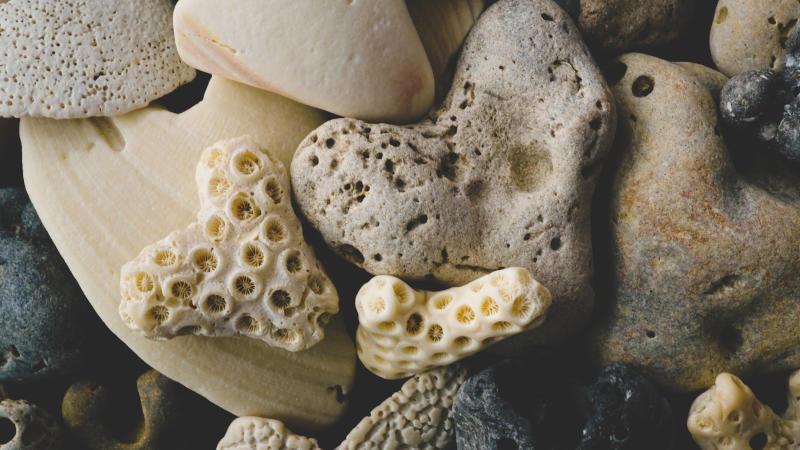Dear Friends,
I have a little bowl of stones and shells on my bedside table. I know that they came to me, one by one, from almost every place I’ve been and moments I’ve shared with loved ones and colleagues. But I couldn’t tell you where each individual stone came from.
Sometimes that’s also true with things that that I have learned. I know something came to me from someone else, but I can’t remember where or who. So, I’m not sure who I first heard say “Do you want to be right? Or do you want to be in relationship?”
Even though I don’t know where it’s from, this question has been so important to me as I’ve built relationships, learned how to be a leader, and worked toward change. It asks me to set down my certainty in favor of listening. It reminds me that making a snarky point on social media is less important that building connection.
We are often quick, especially those of us with power and privilege, quick to jump in to make a point, to share our certain opinion or take on things. This behavior is all over social media, but we experience it in our in person interactions as well: in our families, in our communities.
It has been incredibly helpful and healing for me to hold this in my head as I move through interactions. “Do you want to be right? Or do you want to be in relationship?”
I’ll invite us all to remember this as we go on with the life of our congregation, as we do the work of change and transformation, as we do the work of connection and healing, as we enjoy each other’s company and companionship. It’s a key part of what are calling “right relations” because it centers relationship over certainty.
I don’t know where the quote came from and I don’t know where all my stones came from. But I do know that Ijeoma Oluo, author of So You Want to Talk About Race, wrote this earlier this week when talking about people’s response to a public incident:
“Part of being in relationship with people is recognizing and respecting boundaries. Part of being in relationship with people is listening to them. Part of being in relationship with people is trying to not take more than you give. Part of being in relationship with people is by respecting and appreciating people’s individual talents, experiences, and needs.”
May we remember this every day.
In peace and love
Rev. Ian
